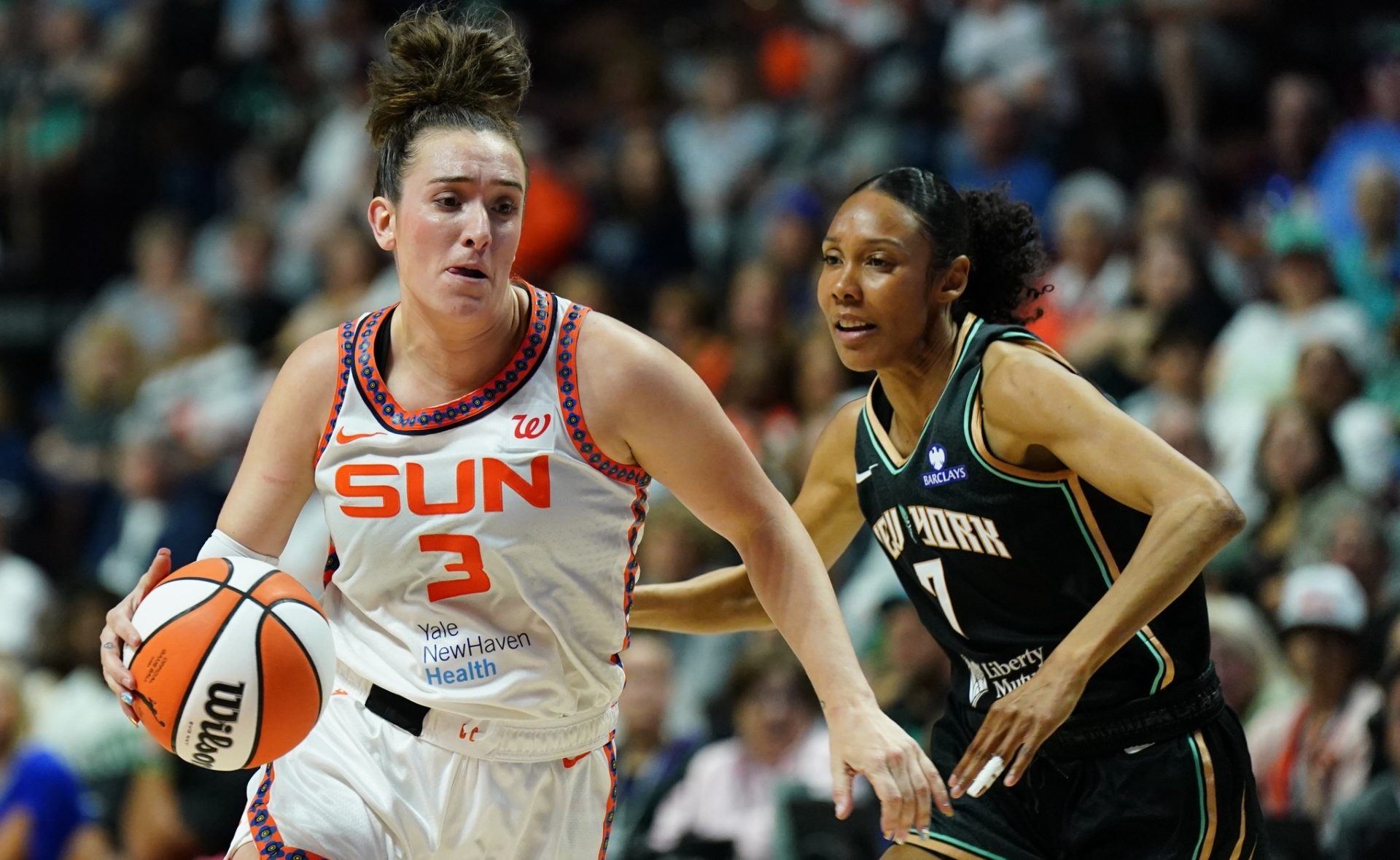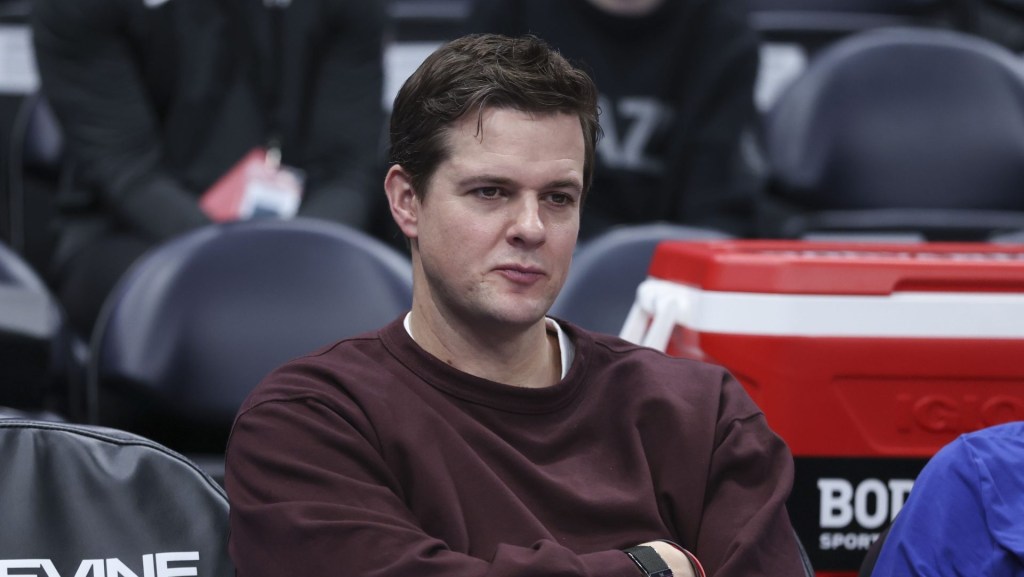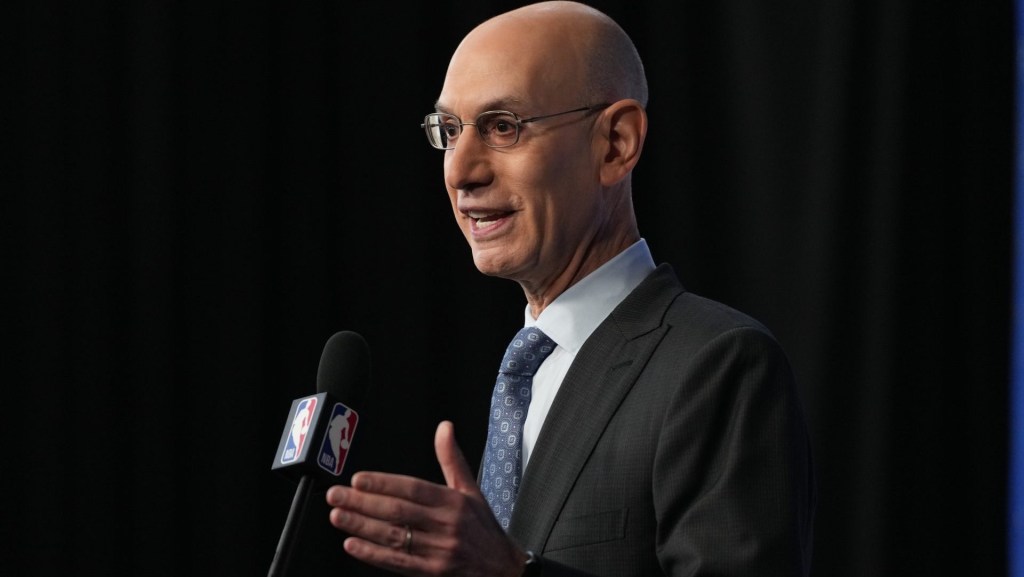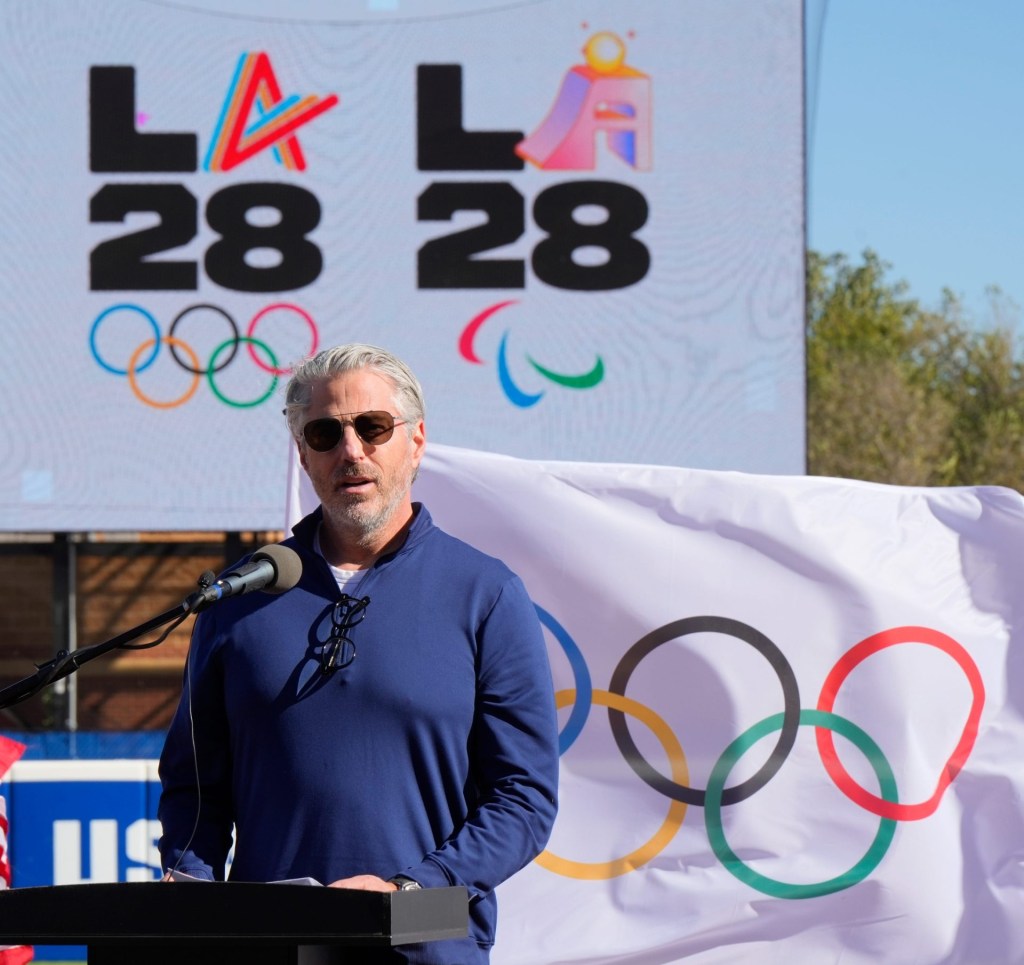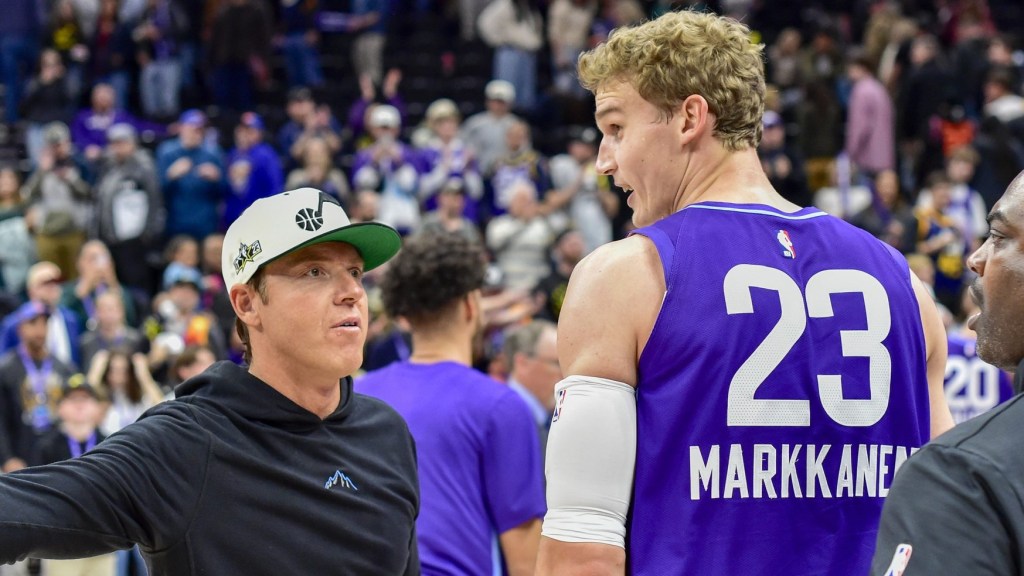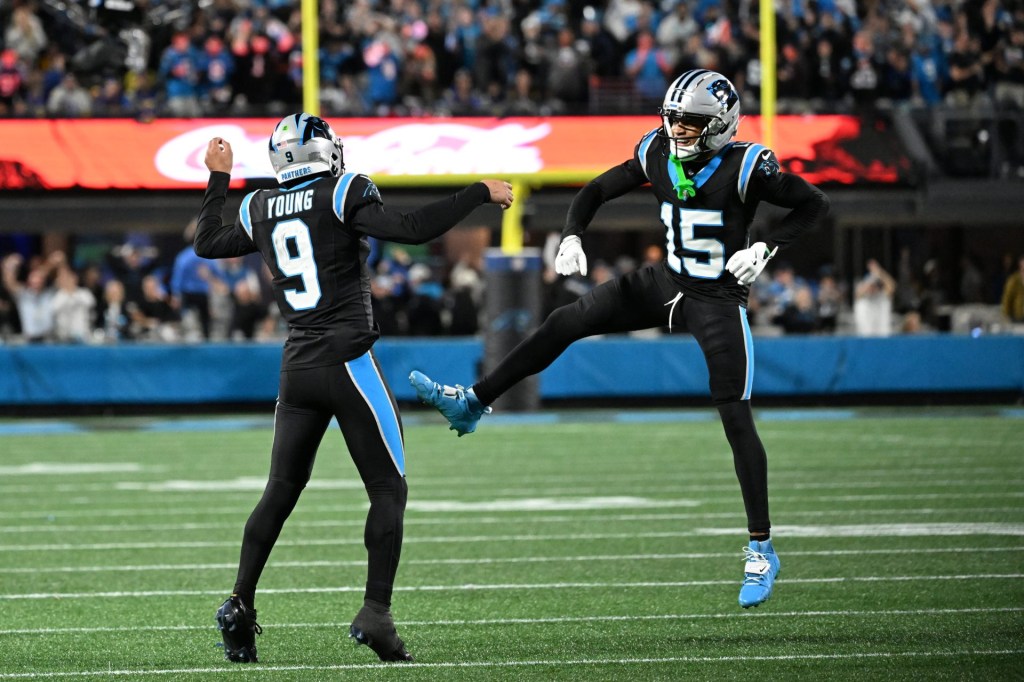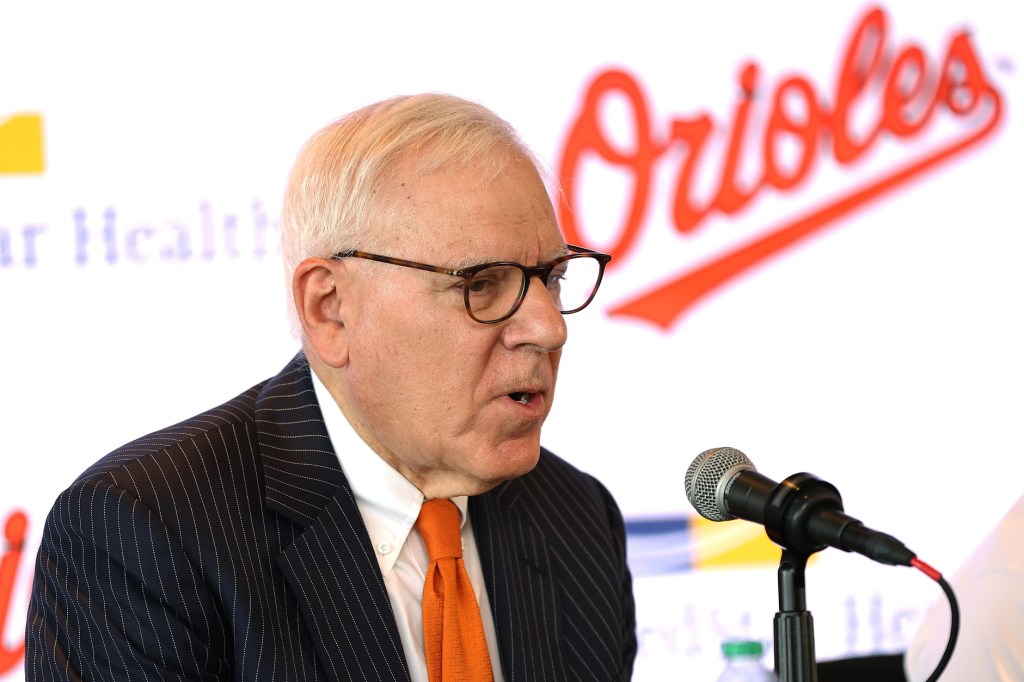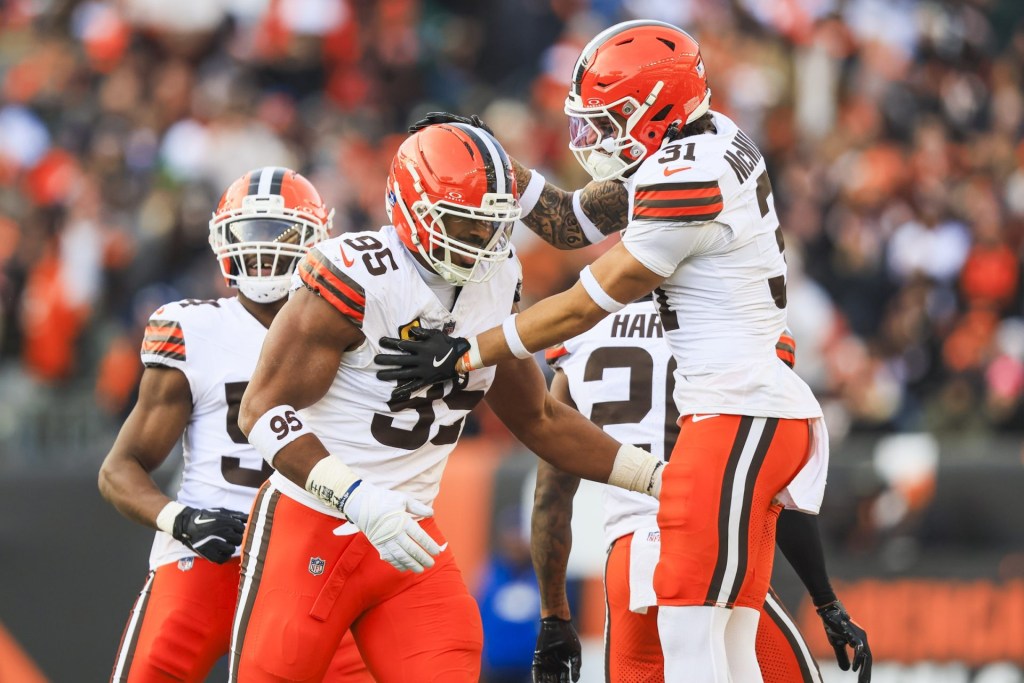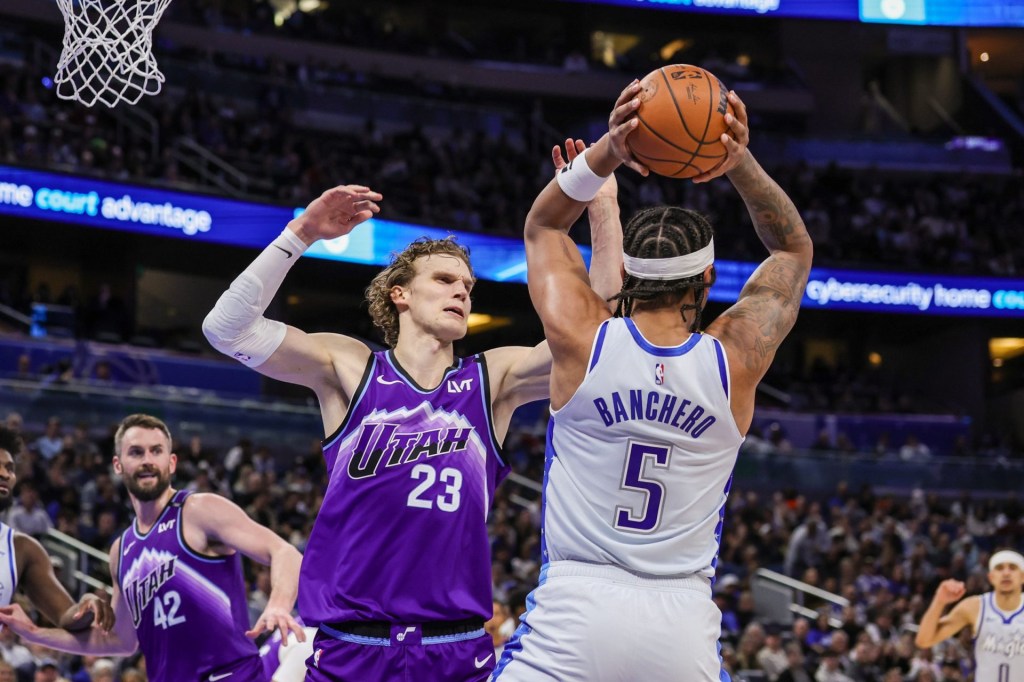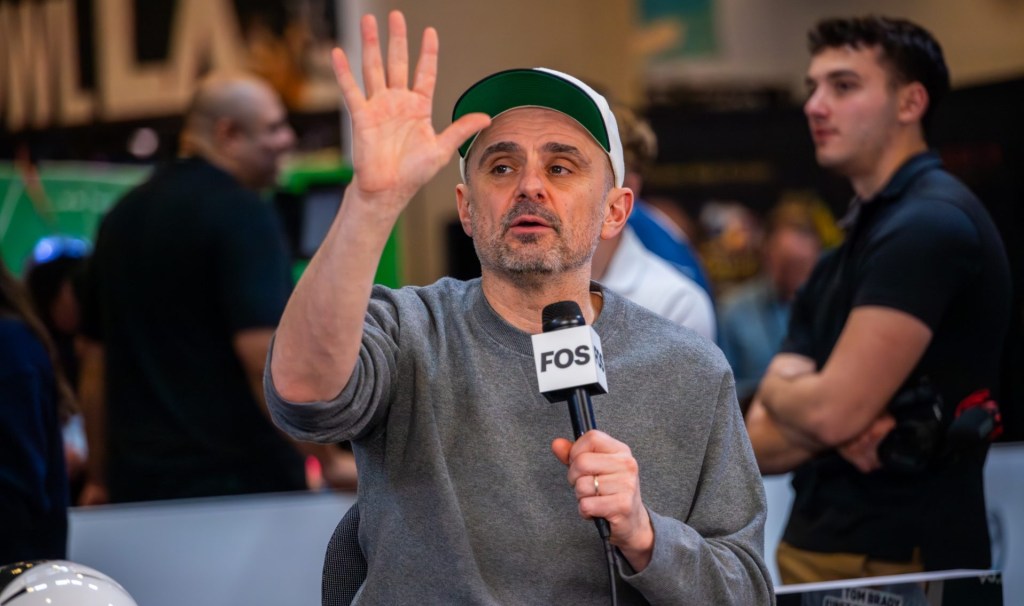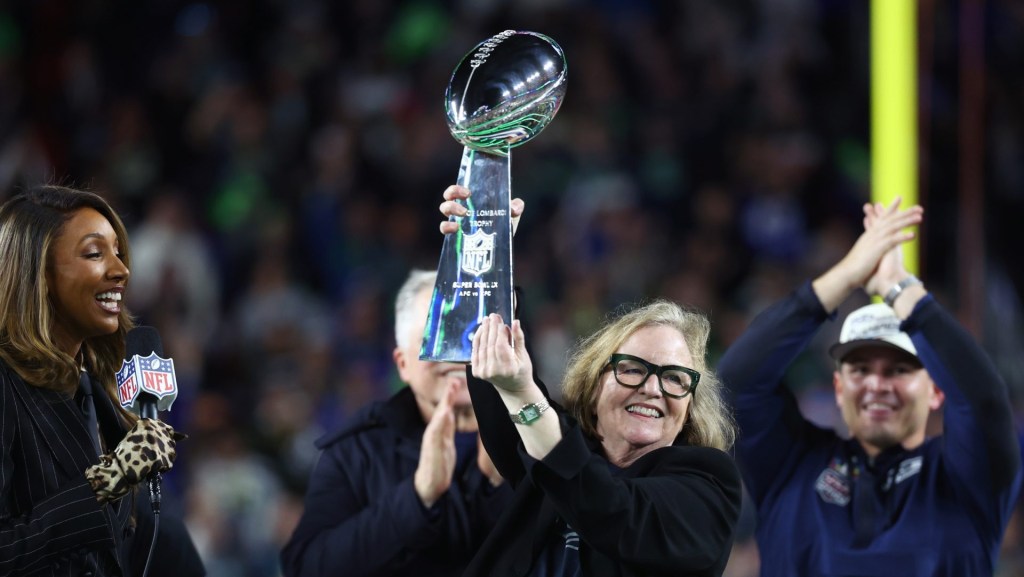In July, Steve Pagliuca struck a deal with the Mohegan Tribe to buy the Connecticut Sun for $325 million. The deal has stalled as WNBA commissioner Cathy Engelbert never presented it to the league’s board of governors, causing the exclusivity window the tribe granted Pagliuca to expire. Now former Bucks co-owner Marc Lasry has matched Pagliuca’s $325 million offer for the team, CT Insider reported Wednesday.
Pagliuca wants to move the team to Boston, while Lasry wants to keep the team slightly closer in Hartford, Conn.
It might cost them both more than $325 million to do so. (The WNBA also reportedly does not want the Sun playing in Hartford.)
Multiple sources with direct knowledge of the sale told Front Office Sports a possible relocation fee—paid to the league on top of the sale price paid to the tribe—could end up determining the team’s fate.
Houston is still the league’s preferred landing spot for the Sun, according to sources familiar with the sale. Rockets owner Tilman Fertitta is currently living in Italy as the Trump administration’s ambassador, with his son Patrick running the team day to day. The Houston Chronicle reported last week that Fertitta bid less than the $250 million NBA ownership groups in Cleveland, Detroit, and Philadelphia recently paid to enter the league, although a source with knowledge of the expansion process disputed that, saying Fertitta bid the same amount and the WNBA only had three slots to offer.
Ultimately any sale and subsequent relocation of a franchise must be approved by the board of governors and are two separate transactions. However, one source familiar with the sale believes if Fertitta matches the Pagliuca and Lasry offers for the Sun, plus a relocation fee, that would be the league’s preference.
WNBA commissioner Cathy Engelbert has made the league’s preference known, saying that Houston is “up next” when it comes to the timeline for evaluating bids.
The last time a WNBA team changed hands, the Atlanta Dream were sold for an undisclosed amount in 2020. The team was put up for sale in late 2020 after players and fans pushed for former co-owner Kelly Loeffler to sell following a letter that was written by the former U.S. senator and sent to Engelbert objecting to the league’s support of the Black Lives Matter movement during the bubble season. By February 2021, the sale was unanimously approved by the WNBA’s and NBA’s board of governors.
Swift approvals have been the historical pattern with WNBA sales and relocations. In 2008, when a Tulsa group bought the Detroit Shock, the sale and relocation were announced just a week after Bill Cameron had declared he was applying to buy a team.
But the business of the WNBA has exploded since then. The league brought in a total of $750 million in expansion fees from Cleveland, Detroit, and Philadelphia. When the Sun are sold, the league won’t receive money from the sale price, emphasizing the need for a relocation fee to get the deal over the hump.
It was reported in May that the Sun had hired investment bank Allen & Company to pursue a sale. However, multiple sources have told FOS that the franchise was in discussions regarding a sale since at least January.
The months-long delay can be attributed to the newly lucrative business of WNBA expansion, which has led the league to take a more hands-on approach to approving team relocations.
In the league’s initial statement following reports of Pagliuca’s record-breaking offer to buy the Sun, the league referenced incoming Celtics owner Bill Chisholm directly. The statement said in part he had reached out to the league office “and asked that Boston receive strong consideration for a WNBA franchise at the appropriate time,” indicating the league’s preference for awarding an expansion franchise to another NBA ownership group.
Four of the league’s six expansion franchises since 2023 when the Golden State Warriors were awarded a team have gone to NBA ownership groups. The other two—Toronto Tempo and Portland Fire—were awarded to owners with stakes in NBA teams. Engelbert has not shied away from the league’s preference for awarding franchises to NBA owners, citing the established infrastructure with arenas and practice facilities.
Because there was no expansion bid from Pagliuca or any other Boston-based group in the most recent expansion process, the league has said it will prioritize the nine cities that lost out on expansion teams to Cleveland, Detroit, and Philadelphia. One of those is Houston.
This story has been updated.
